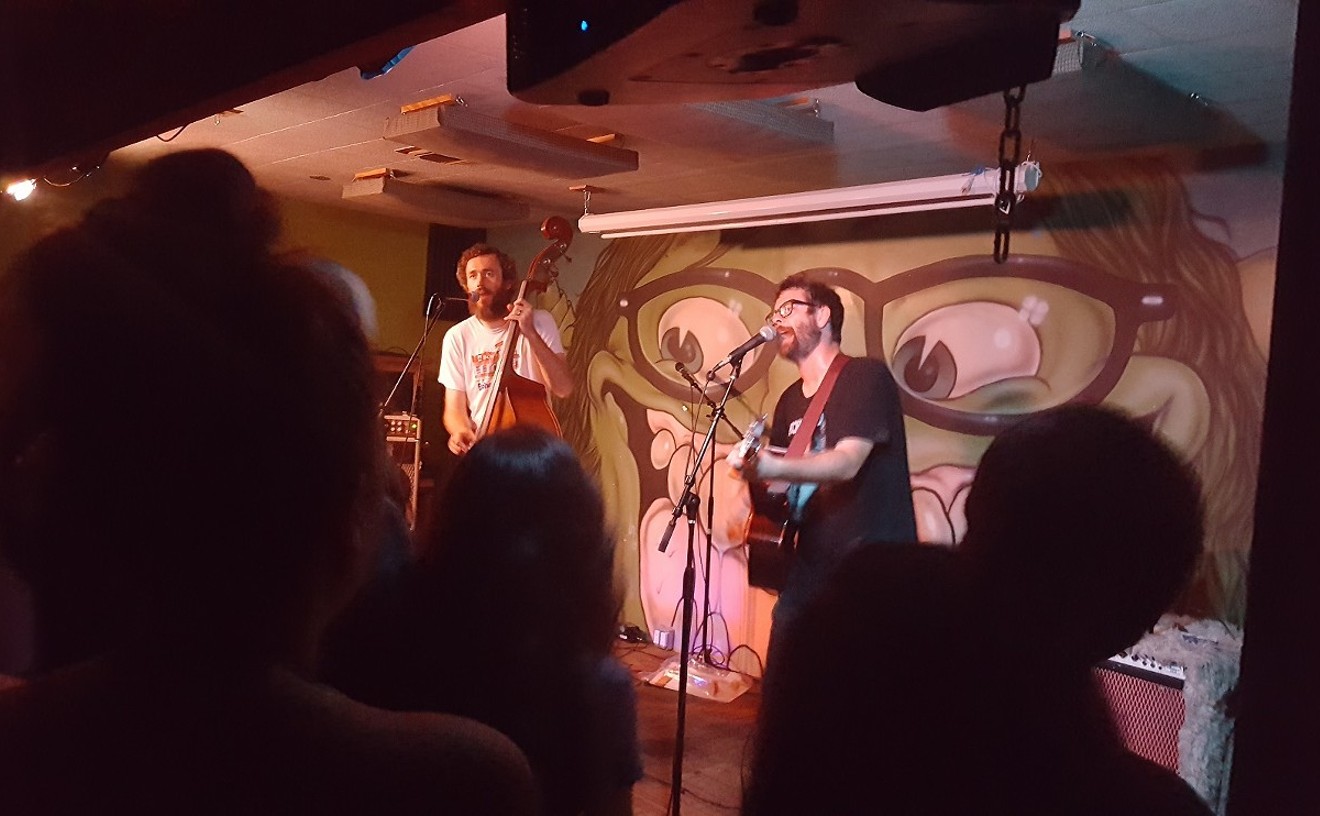The film takes place in the fall of 1944, a few days before Finland, an ally of Nazi Germany, surrenders to the Allies. Veiko (Ville Haapasalo), a sniper in the Finnish army, is being shackled to a rock by his own men and left to die because of what they consider his pacifist views. To ensure his demise, they force him to don a German uniform, on the theory that anybody in Wehrmacht attire will be shot on sight by the Russians.
Not far away, Ivan (Viktor Bychkov), a captain in the Soviet military, is about to be executed by his own men for writing a private letter that apparently expressed some minor misgiving about the Russian campaign, but which the secret police have interpreted as vile anti-Soviet propaganda, punishable by death. As Ivan is being transported to the execution site, his Jeep is accidentally bombed by an errant Soviet plane. The two guards are killed and he is badly injured.
His body is discovered by a young Lapp peasant who is out scavenging for food. Widowed by the war four years before, Anni (Anni-Kristiina Juuso) lives by herself on a small plot of land, surviving on fish and reindeer milk. A kind and practical woman who sees a wounded man and doesn't care which side he is on, she drags him to her isolated farm and nurses him back to health.
Veiko, meanwhile, has broken free from the rock but not from his leg irons. He stumbles upon Anni's farm and asks for tools to cut off the shackles. Tired of war and a target of both the Russians and his own Finnish compatriots, he decides to stay on at the farm. Anni, who has not seen a man in four years and suddenly has acquired two, is delighted with her good fortune.
Ivan, however, takes one look at the new arrival's German uniform and, with a cry of "Fascist!", tries to kill him. Veiko protests that he is not German, but Ivan does not understand Finnish and the Finn does not speak Russian. Anni speaks neither language.
Oddly, no one makes any effort to learn the other's language. Instead, each contentedly jabbers away in his or her native tongue, totally misreading the other person's reply, sometimes to great comic effect but at other times to near-tragic consequences. Veiko, in particular, is a chatterbox. "The war is over for me. I don't want to fight anymore," he tells Ivan, who, unable to comprehend, continues to plot the "fascist's" demise.
Written as well as directed by Rogozhkin, whose credits include the 1995 comedy Peculiarities of the National Hunt and the 1998 psychological drama Checkpoint, the film can be read on several metaphorical levels but is clearly intended as an anti-war statement. Another layer is added to the film by Anni's fervent practice of traditional Lapp rituals to save her visitors' lives.
All three actors are wonderful. While both Haapasalo and Bychkov are Rogozhkin regulars, this is the first film Juuso has done with him. In fact, it is the Lapp actress's first ever movie role and she is terrific, an absolute natural. For her performance she was awarded the Best Actress prize at the Russian National Film Festival, as well as Best Debut at the Moscow International Film Festival.
The Cuckoo is actually the second Russian anti-war film to be released in the U.S. this year. It proves far more accessible and infinitely more enjoyable than House of Fools, which beat out The Cuckoo to become Russia's submission in the 2002 Academy Award Best Foreign Language Film race.










